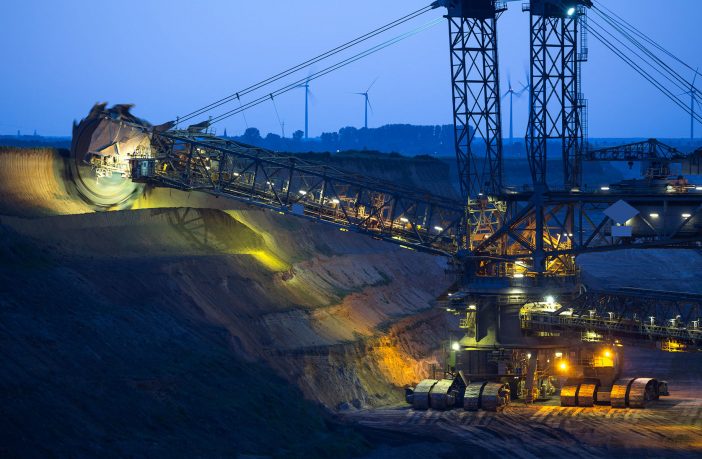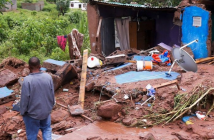Opinion
In response to the unveiling of the Mineral Resources and Energy Ministry in South Africa, Ted Blom writes that weak energy and mining policy will ultimately lead to energy poverty and mining disinvestment. In this op-ed, he explores what led to this dilemma and what the newly formed Mineral Resources and Energy Ministry needs to succeed.
With the advent of the 21st Century, many countries have developed Millennium goals – most of which include massive jobs growth to stem the tide of growing unemployment.
This is indeed the case in most African countries. However, most of the African Governments have a poor track record of delivery to their stakeholders – including the ANC government in South Africa.
Read more on Leaner, younger cabinet announced to take South Africa forward
The advent of the people’s government
The problem can perhaps in many instances be traced back to young governments with a dire lack of experience and institutional capacity mostly found in mature democracies, where the public service is professionally run and institutionalised outside of party politics. Institutional capacity is a sine qua non for proper policy development and execution.
Given the largely colonial heritage of most African countries, their first steps after liberation or independence are to trash all institutional memory and ideologies, and embark on a “People’s Government”.
These newfound independent states can usually survive for anything between five and 25 years, running down previous infrastructure developments until the pantry is empty.
By then most institutional capacity and memory in respect of “know-how” are depleted or destroyed, leaving these countries destitute and dependant on outside assistance or handouts and bailouts, which in turn, enslave these countries again to new masters.
For African countries to escape from this bondage, independent institutional capacity needs to be resuscitated or developed. Perhaps the African Union can develop such “Centres of Excellence” to assist and guide African governments to create sustainable policies that benefit their stakeholders.
The power of proper policy development
Most policy initiatives lack adequate analysis, which should detail all the variables identified in the delivery of sustainable and achievable outcomes. This is often rushed by politicians just before pending elections, as a tool to boost promises to the electorate (and to ensure remaining in office).
This mostly leads to poor policy development and further deterioration in delivery outcomes.
Proper policy development and planning should be tackled like a jigsaw puzzle. The picture will only be completed when the last piece is put in place, and there are no missing gaps in the puzzle. That would then serve as a template for developing strategies and execution plans that will deliver the envisaged picture.
By the time the puzzle is completed, hopefully, all the issues and attendant questions will have arisen and be answered, ensuring that there is no vacuum in developing the policy.
Only through proper policy development and execution, can we grow our economies and much-needed jobs, anything less will result in either corruption, wastage or failure to engender growth.
A watchful eye on Mineral Resources and Energy Ministry
In South Africa, where over 90% of the electricity generated comes from local coal mines, the combining of the Mining Ministry with the Energy Ministry makes logical sense, and will hopefully go a long way to proper policy development and execution, something that has been missing in South Africa since the 1998 White Paper was published.
This neglect is mainly responsible for the derelict energy situation South Africa is currently experiencing with incessant blackouts, despite more than 50% paper reserve capacity, and spiralling electricity tariffs that have become unaffordable, prematurely closing dozens of businesses and causing unnecessary hardship.
Let this be an example to the rest of the African states. Policy development is too important a topic to be left to politicians urgently in need of votes. Stakeholders all need to agitate for proper policy development after appropriate consultation to root future growth on solid foundations. The same holds for declining new mining activity in Africa.
Author: Ted Blom is a Partner at Mining & Energy Advisors, a consulting firm to major companies and governments on strategy formulation and implementation.
Author: GBA News Desk/ESI-Africa Contributor
This article was originally published on ESI Africa and is republished with permission with minor editorial changes.















